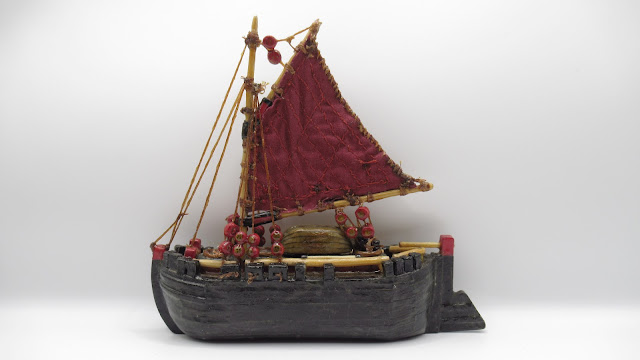The Mersey Flat's Role in the Coal Trade

Mersey flats transported coal, that was extracted from pits in Cheshire and Lancashire, along the navigable waterways of North West England. It was cheaper to transport coal along the water than by land but the tributaries of the River Mersey, at the turn of the eighteenth-century, were difficult to navigate. In 1720, however, Royal Assent was given to two Acts of Parliament that allowed the River Weaver and the River Irwell to be made navigable to trading vessels. Coal flats, from the time that the first river navigations were constructed, were able to supply the salt works of Cheshire as well as the home fires of Manchester with fossil fuels. Liverpool, the principle trading port of North West England, received a sizeable portion of the coal that was conveyed along the inland waterways. The first river navigations were built in the pre-industrial era, when agricultural produce and artisanal wares were the principle trading commodities, but the establishment of these water lines of co...